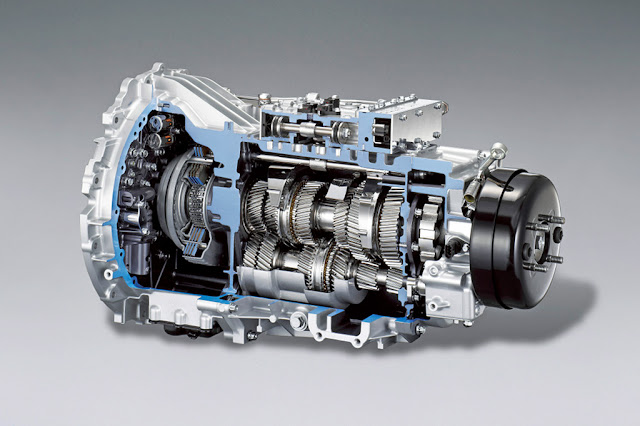Smart Mobility as a Service (MaaS): The Future of Transportation
Smart Mobility as a Service (MaaS) represents a paradigm shift in transportation, offering a comprehensive and user-centric approach to mobility. MaaS integrates various modes of transportation, such as public transit, ride-sharing, bike-sharing, and car-sharing, into a single platform, providing users with seamless and convenient travel options. By leveraging digital technologies and data-driven insights, MaaS holds the potential to revolutionize how people move within cities and beyond.
At the heart of MaaS is the
concept of connectivity and accessibility. Through a mobile application or web
platform, users can access real-time information about available transportation
options, plan their journeys, and make bookings or purchases. MaaS platforms
also provide integrated ticketing and payment systems, allowing users to pay
for multiple modes of transportation with a single transaction, eliminating the
need for separate tickets or passes.
The global
smart mobility market size
was valued at US$ 26.89 billion in 2022 and is anticipated to witness a
compound annual growth rate (CAGR) of 20.9% from 2023 to 2030.
The benefits of MaaS are
numerous. Firstly, it enhances convenience and flexibility for travelers.
Instead of relying solely on private cars or navigating multiple transportation
apps, MaaS offers a one-stop solution, simplifying the travel experience. Users
can seamlessly switch between different modes of transportation, making it
easier to navigate complex urban environments.
Moreover, MaaS contributes to
sustainable and efficient transportation systems. By promoting shared mobility
options and encouraging the use of public transit, MaaS reduces the number of
private vehicles on the road, leading to reduced traffic congestion, lower
emissions, and improved air quality. MaaS platforms can also incentivize
environmentally friendly choices by providing real-time information on carbon
emissions or offering rewards for choosing sustainable transportation options.
MaaS also has the potential to
improve transportation equity. By integrating various transportation modes,
including those that serve underserved communities, MaaS can enhance
accessibility and connectivity for all individuals, regardless of income or
physical ability. Furthermore, MaaS platforms can be designed to accommodate
the needs of different user groups, such as the elderly or people with
disabilities, ensuring inclusivity in transportation services.
The global
micro-mobility charging infrastructure market size was valued at US$
4,280.5 million in 2022 and is anticipated to witness a compound annual growth
rate (CAGR) of 20.57% from 2023 to 2030.
The implementation of MaaS,
however, comes with its challenges. Collaboration and cooperation among various
stakeholders, including transportation providers, government agencies, and
technology companies, are essential to create an integrated and interoperable
MaaS ecosystem. Data sharing and interoperability standards must be established
to ensure smooth operation and seamless connectivity between different
transportation services.
Privacy and data security also
require careful consideration. MaaS platforms collect vast amounts of personal
and location data, raising concerns about privacy and potential misuse of
information. Robust data protection measures and transparent data governance
frameworks are necessary to address these concerns and build trust among users.
In conclusion, Smart Mobility as
a Service (MaaS) represents a transformative approach to transportation,
integrating various modes of mobility into a seamless and user-friendly
platform. By leveraging digital technologies, MaaS enhances convenience,
sustainability, and accessibility in urban transportation. As cities continue
to face mobility challenges, MaaS holds the potential to revolutionize how
people travel, creating a future where transportation is efficient,
sustainable, and accessible for all.



%20Market1.png)
Comments
Post a Comment